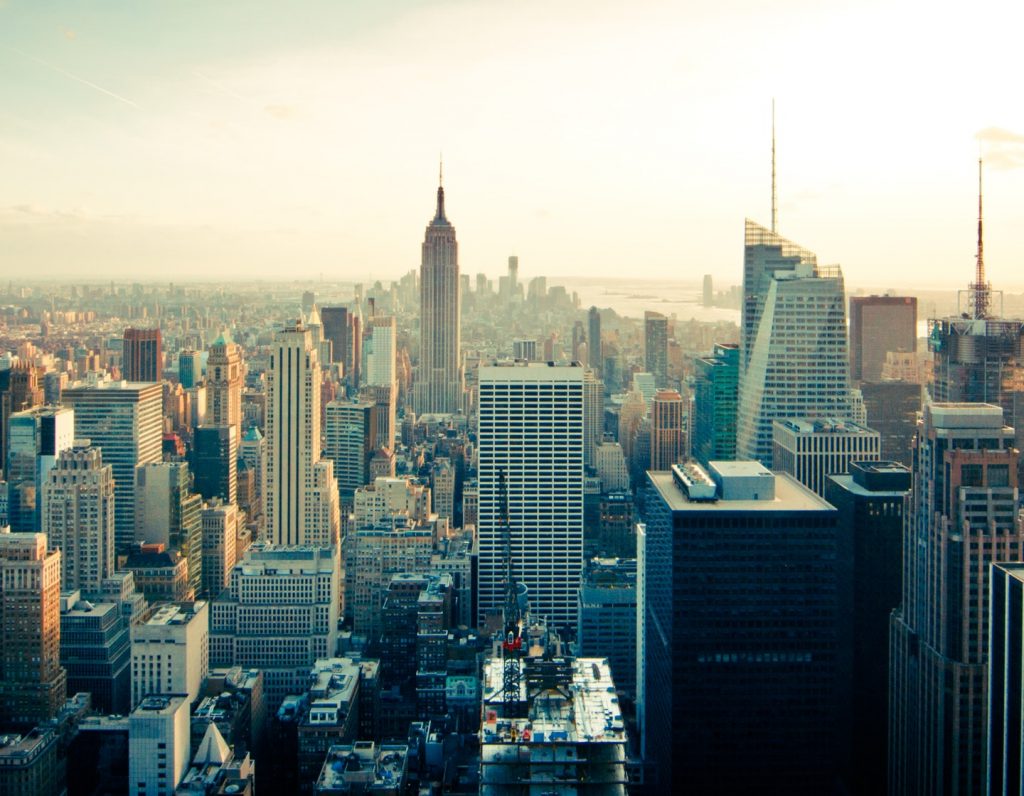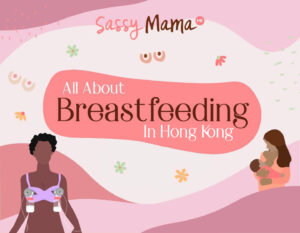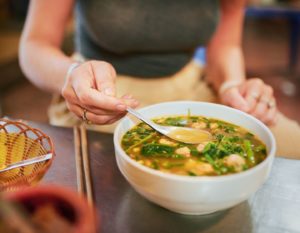




Combatting pollution through what we eat
Hong Kong’s air pollution has been down right horrible these last few weeks. Like many families in Hong Kong, we have invested in air purifiers for the home. But the reality is that we can’t lug the purifier around with us on our errands about town. So, what protects you and your baby against the harmful effects of pollution as you stand on a busy street corner, waiting for the light to turn green whilst those huge buses exhale their hot fumes just inches away?
According to study published in 2016 in the journal Environmental Health Perspectives, researchers at the Johns Hopkins Bloomberg School of Public Health in Baltimore found that the greater a pregnant woman’s exposure to air pollution, the more likely she was to develop a condition called intrauterine inflammation. This condition is a leading cause of premature birth. In turn, premature birth is a used as an indicator of a child’s future health problems.
The challenge is that we can’t lock ourselves at home with our air purifiers running full blast, never to be seen outdoors again. Rather, what you eat can help protect you from the harmful effects of air pollution. Think of it this way.
The food we eat can do one of two things. It can help us build an army of good soldiers that stamp out inflammation and boost our immunity. Or it can act as a welcoming committee for those evil, little pollution particulates entering our body and give them free reign to settle into our lungs, brain, blood, heart and other tissues.
The Good Soldiers: Rainbow Fruits and Vegetables
What happens when you inhale polluted air, is that free radicals are created in the body. If you are deficient in antioxidants like Vitamin C, the excess free radicals will overcome your body’s defence mechanisms. The result is oxidative stress, which causes oxidative damage, tissue damage and triggers inflammation.
Every meal of the day, including snack, should therefore contain rainbow coloured fruits and vegetables like kiwis, strawberries, papaya, blueberries, tomatoes, peppers, beans, eggplant, zucchini and cucumber. This bounty is rich in bioflavonoids and one of the most fabulous, pollution busting antioxidants ever: Vitamin C.
Vitamin C is helpful in preventing asthma attacks and acts together with Vitamin E as an antioxidant to fight off the free radicals created from pollution.
The Powerhouse Fattys: Marine Derived Omega 3 Fatty Acids
Vitamin C isn’t the only nutrient that is important. Omega 3 fatty acids sourced from marine sources are also key. Fish like salmon, barramundi, cod, sardines have protective effects against the damage induced by particular matter. These fats, as well as VitE – which is found in almonds, spinach, sweet potato and avocado – reduce inflammation and even improve cardiovascular function.
Don’t Forget Your B’s Especially Folate, B6, B12
These B vitamins are extremely important for efficient detoxification and protection of our heart and arteries. Folate is mostly found in dark leafy greens like spinach and kale; and you should be getting plenty of folate anyway, especially in your first trimester to support optimal DNA replication. The other B-vitamins are found plentifully in animal protein, like shellfish, meats and eggs; as well as some plant-based protein like tofu.
The Air Pollution Welcoming Committee: Sugar
In case you needed one more reason to give up sugar, let pollution be the reason to spark that change. I don’t want to be the militant nutritionist that says you can’t enjoy a special treat from time to time. But I would like to be the nutritionist that convinces you never to have cereal for breakfast again.
Here in Hong Kong – or London, Bangkok, Delhi, Mumbai, Jakarta, Manila, Beijing or any major city – we owe it to ourselves to do better than cereal. We need to arm ourselves with something way more nutrient rich like my Adrenal Friendly Breakfast or my Positive Life Force Smoothie.
The problem with sugar is that it uses the same transporter as Vitamin C to enter our cells. And that transporter is a bit naughty and prefers sugar to Vitamin C. So if you’ve got too much sugar in your blood, it is very likely that you are sabotaging your body’s ability to utilise Vitamin C to boost immunity and lower inflammation.
Plus, high levels of air pollution are also linked to certain types of cancer. A diet high in refined carbs and sugar hinders your body’s ability to destroy viruses, bacteria and cancer cells because sugar inhibits the production of new immune cells. Vitamin C on the other hand, activates our body’s production of these disease fighting immune cells.
Nutrition as a Powerful First Line of Defence Against the Harmful Effects of Pollution
We might not be able to do much about the quality of our air. But no one controls what we eat. That is totally up to us. We can use every meal as an opportunity to make us resilient or we can leave our health to chance.
![]()
![]()
 View All
View All


 View All
View All


 View All
View All

 View All
View All


 View All
View All




